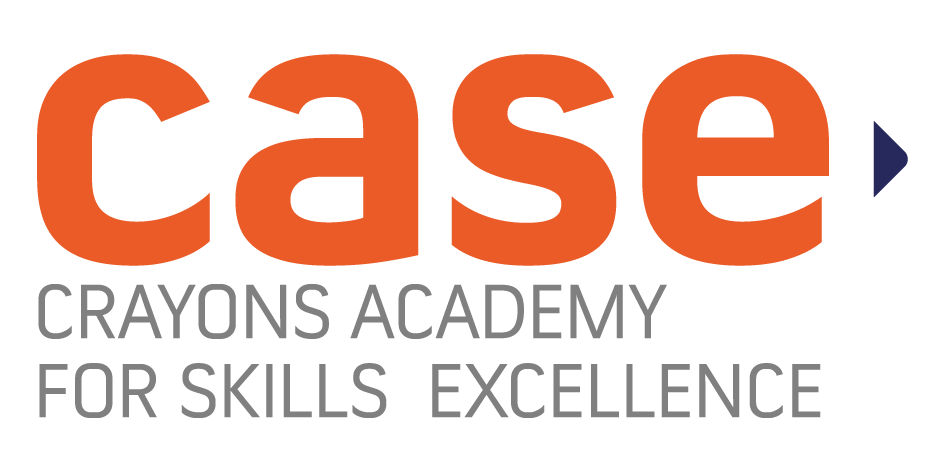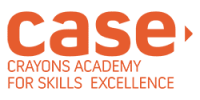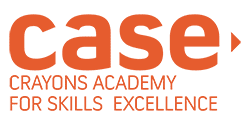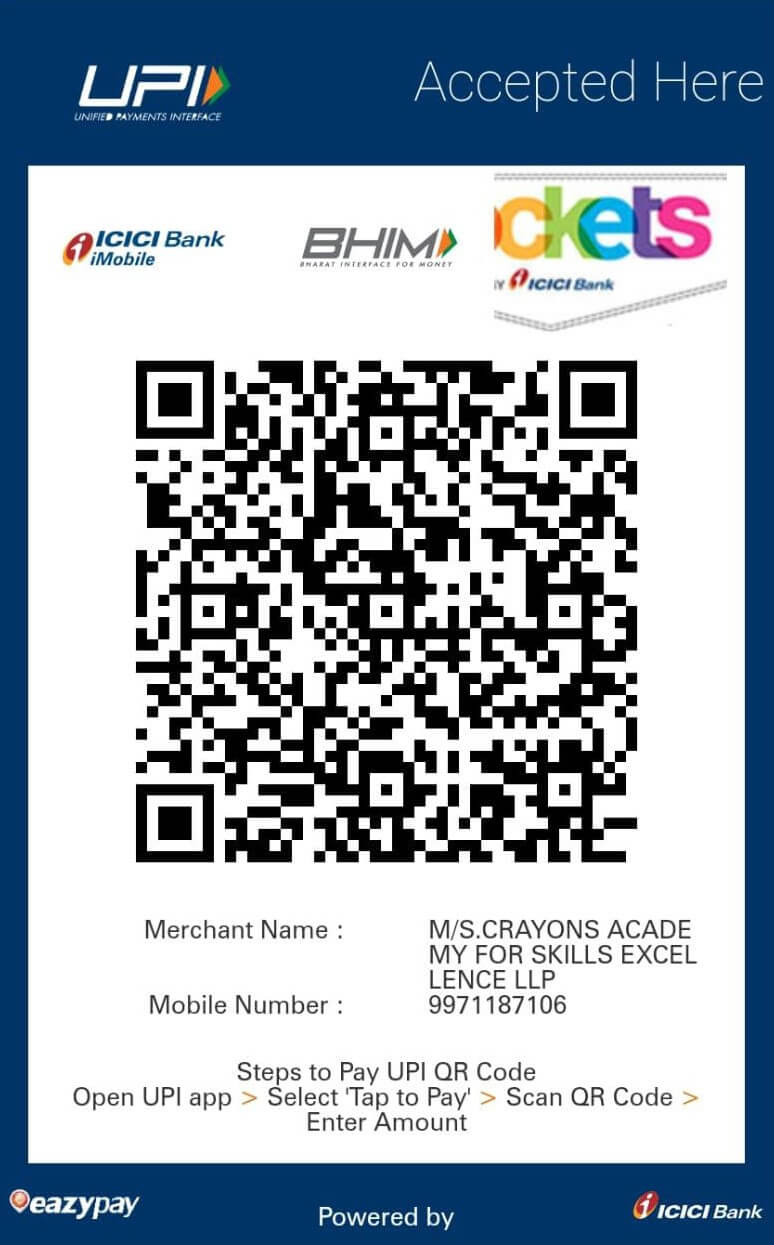Aside from the esteemed professors, academic programs and the ideal location along Boston’s Charles River, many students enjoy Boston University for one important reason — the hockey. It is no secret that BU has a huge hockey culture, partly due to the lack of an actual football team, but also because of the success and skill of many players on the team. The hockey hype has only grown with BU’s current standing as No. 6 in the NCAA rankings. As of Monday, two current sophomores this year have been drafted to play professionally, leaving BU behind. While this is well and good for fans of professional hockey, can we say the same for us, or even more importantly, the players?
On Wednesday, it was announced that Charlie McAvoy will join the AHL Providence Bruins, with the prospects to play in a game this weekend. His former teammate Jakob Forsbacka Karlsson, or JFK, as he is affectionately called on campus, will be headed straight to the Boston Bruins to make his National Hockey League debut. Both players will be leaving BU after only two years.
University athletics has brought up many discussions, including whether or not athletes should finish their four-year degrees before going into professional leagues. College doesn’t mean the same thing to everyone. For some, the focus is on education. Students come here to learn and engage with the academic community. For others, however, their priority might not be classes. Student-athletes do not necessarily attend college to learn or find a career path within the structures of math, sciences, English, history or other. They’re here, for the most part, to focus on their athletic careers. College works as a stepping stone for all who choose to attend. Some realize the field they’ll choose to work in professionally, some realize they aren’t meant to learn in an academic institution and some use college to further their aspirations. Hockey players may not be here at BU first and foremost for an education, and that would be too broad a generalization to assume, but they do have a reason to attend college. They use this platform to be seen by the professional leagues and hopefully be drafted onto a team.
It is ultimately a student’s decision to stay at school, finish up their four years with a diploma in hand or leave to play professionally. Should student-athletes be required to complete college until graduation? No. Especially in these cases, where both McAvoy and JFK were o!ered positions starting immediately for minor and major league hockey teams, it’s easy to understand their reasoning. Why stay at a university when their end goal is to play hockey professionally? Why prolong the inevitable? It makes little sense to force student-athletes to complete college before beginning their careers, when their dream jobs don’t require or would benefit from a degree. To be o!ered the ultimate career goal at 19 years old is an opportunity that only a select few will ever be given. This accomplishment shouldn’t be underrated because a four-year degree is more typical. Moreover, according to Brian Kelley, the assistant athletic director for communications at BU, many BU hockey players who moved on to NHL do finish their degrees by taking summer classes, some of them chose to return to BU when they finished playing in the league.
It could be risky for a student-athlete to give up their college education for a contract when there are many ways their contract could be terminated. They could be injured soon after they’re drafted, left without a professional career or a degree to find a job elsewhere. Contracts can be reneged, drafts can get retracted, becoming a long and arduous process for some. It’s also hard for current students to see their fellow classmates plucked out of their courses to join a team the next day. It may be hard for some students, especially those who were involved in group projects or class discussions, to adjust to their absence. At the same time, student-athletes must face conflict when prioritizing their academics and athletics responsibilities. As long as these athletes are willing to sacrifice a degree and take the risk of signing a contract with a professional team, their decisions should be accepted by the university and general public.
One issue that is truly troubling about the competition of academics and athletics is the amount of money dedicated to college athletes and their departments. In the 2015-16 school year, BU allocated more than $15 million to financial aid for student athletes. While this money may be coming from revenue made by the athletics department, it seems wrong to dedicate much of the scholarship fund to students who aren’t here for their education. These college athletes don’t have to finish college, and the concept that college is absolutely essential is even detrimental to some, but it is a relief to have a degree to fall back on.
Source: The Daily Free Press
Friday, November 2, 2018




